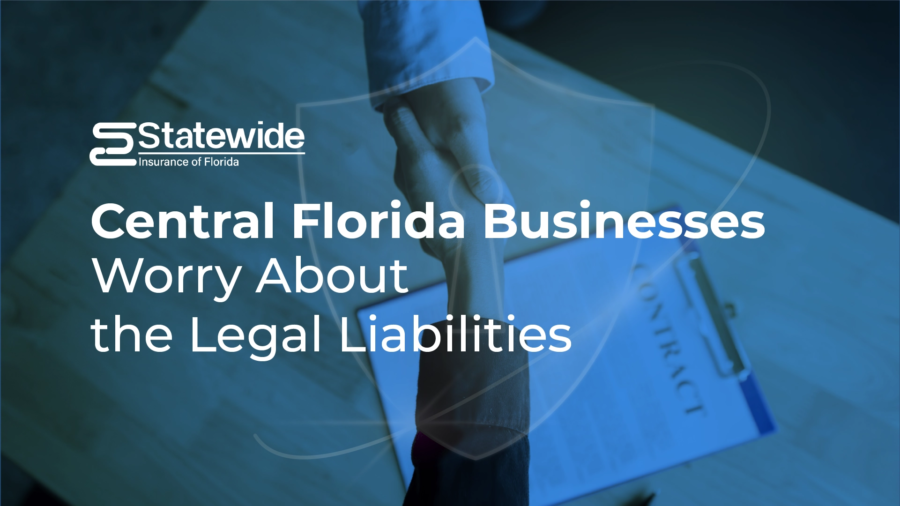Understanding Homeowners Insurance: Your Comprehensive Guide
Homeowners insurance is a critical safeguard for one of your most significant investments – your home. This comprehensive guide aims to demystify homeowners insurance, explaining what it covers, why you need it, and how to choose the best policy for your needs.
What is Homeowners Insurance?
Homeowners insurance is a type of property insurance that covers losses and damages to an individual’s house and assets in the home. It also provides liability coverage against accidents in the home or on the property.
Why Do You Need Homeowners Insurance?
- Financial Protection: Homeowners insurance protects your home and personal property against potential losses from unforeseen events such as fire, theft, or natural disasters.
- Liability Coverage: It covers legal fees and medical expenses if someone is injured on your property.
- Mortgage Requirement: Most mortgage lenders require homeowners insurance as a condition of the loan.
Types of Homeowners Insurance Coverage
- Dwelling Coverage: Protects the structure of your home.
- Other Structures Coverage: Covers structures not attached to your home, such as garages or sheds.
- Personal Property Coverage: Insures personal belongings inside your home.
- Loss of Use Coverage: Covers additional living expenses if you need to live elsewhere while your home is being repaired.
- Liability Insurance: Provides coverage if someone is injured on your property.
- Medical Payments Coverage: Covers medical expenses for minor injuries to guests on your property.
How to Choose the Right Homeowners Insurance
- Assess Your Needs: Determine the value of your home and personal property.
- Compare Policies: Look at different insurance providers and compare their policies and prices.
- Check the Insurer’s Reputation: Research the insurer’s financial stability and customer service record.
- Understand the Policy: Make sure you understand what is covered and what is not, including any exclusions or limitations.
Tips for Lowering Homeowners Insurance Premiums
- Increase Your Deductible: A higher deductible can lower your premium.
- Bundle Policies: Combine homeowners insurance with other policies like auto insurance for a discount.
- Improve Home Security: Installing security systems can reduce premiums.
- Maintain a Good Credit Score: Insurers often use credit scores to determine premiums.
Common Homeowners Insurance Myths
- Myth: Flood damage is covered. Fact: Standard policies do not cover flood damage; separate flood insurance is required.
- Myth: Homeowners insurance covers maintenance issues. Fact: Insurance typically does not cover wear and tear or maintenance-related problems.
- Myth: All personal belongings are fully covered. Fact: There are limits on certain valuable items like jewelry or electronics.
FAQs About Homeowners Insurance
Q1: What does homeowners insurance typically cover? A1: It typically covers the structure of your home, personal property, liability, and additional living expenses.
Q2: Is homeowners insurance mandatory? A2: It is not legally required, but mortgage lenders usually require it.
Q3: How are insurance premiums determined? A3: Premiums are based on factors like the value of your home, location, coverage amount, and credit score.
Q4: Can I change my homeowners insurance policy? A4: Yes, you can adjust your policy coverage or switch insurers if needed.
Homeowners insurance is an essential aspect of protecting your home and personal property. By understanding your coverage options and choosing the right policy, you can ensure that you are adequately protected against potential risks and losses. Remember to regularly review your policy and make adjustments as needed to maintain optimal coverage.


